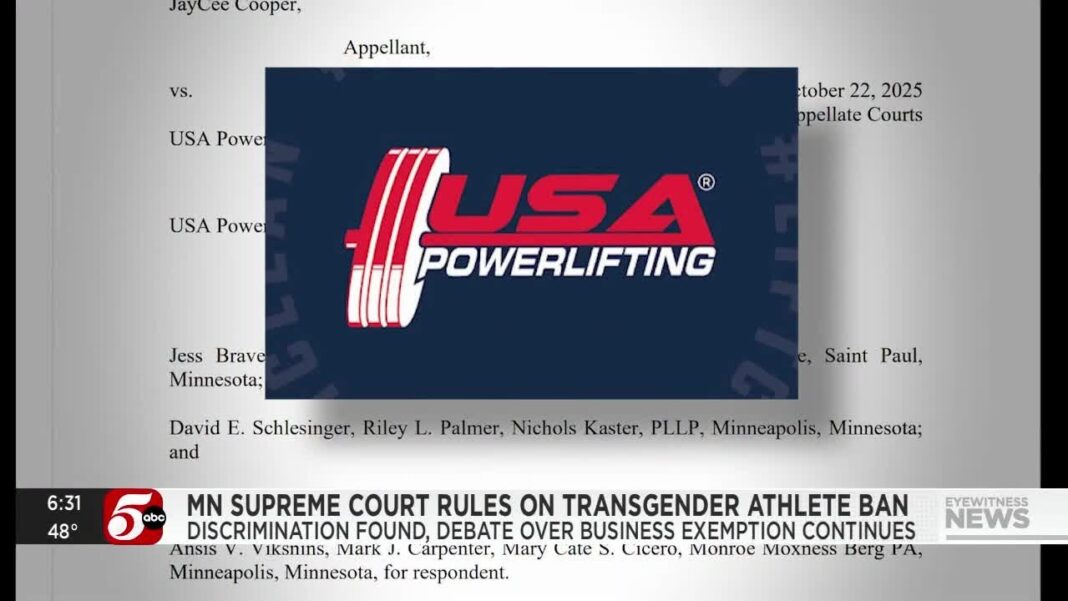Administration officials made public a multi-agency plan to expand grazing and support livestock numbers in the country.
President Donald Trump’s administration intensified efforts on Wednesday to combat rising beef prices, calling on domestic cattle ranchers to lower prices for consumers while also releasing a multi-agency strategy to restock the nation’s depleted cattle herd.
Beef prices in the United States have eclipsed record levels after a prolonged drought that has impacted grazing lands and elevated feed expenses, forcing ranchers to reduce herd sizes. The U.S. cattle inventory, currently at its lowest since 1951, has been shrinking amid import restrictions, including the suspension of Mexican cattle shipments due to pest concerns and tariffs constraining Brazilian supplies, all while consumer demand remains strong.
Speaking to reporters at the White House on Wednesday, Trump expressed sympathy for the industry.
“The beef, the ranchers I‘d say, who have done a great job, they’d lost their shirts for many, many years,” the president said. “They’ve really been decimated and I helped them a lot. I put tariffs on things coming into the country, including beef, and that gave them a chance to finally have a decent industry.”
He said his administration will be in talks with the cattle ranching industry.
“They’re great people but they’ve been hurt for 25, 30 years. They’ve been losing because other countries have taken advantage of them. And by putting tariffs on, they’ve been able to make a few dollars,” he said. “They’ve been able to have an industry. But I also want to keep the beef prices low.”
Trump in a Truth Social post called on ranchers to prioritize affordability for consumers.
“The Cattle Ranchers, who I love, don’t understand that the only reason they are doing so well, for the first time in decades, is because I put Tariffs on cattle coming into the United States, including a 50% Tariff on Brazil,” Trump wrote. “They also have to get their prices down, because the consumer is a very big factor in my thinking, also!”
Cattle ranchers have produced less beef as a multi-year drought has gripped the western parts of the United States.







